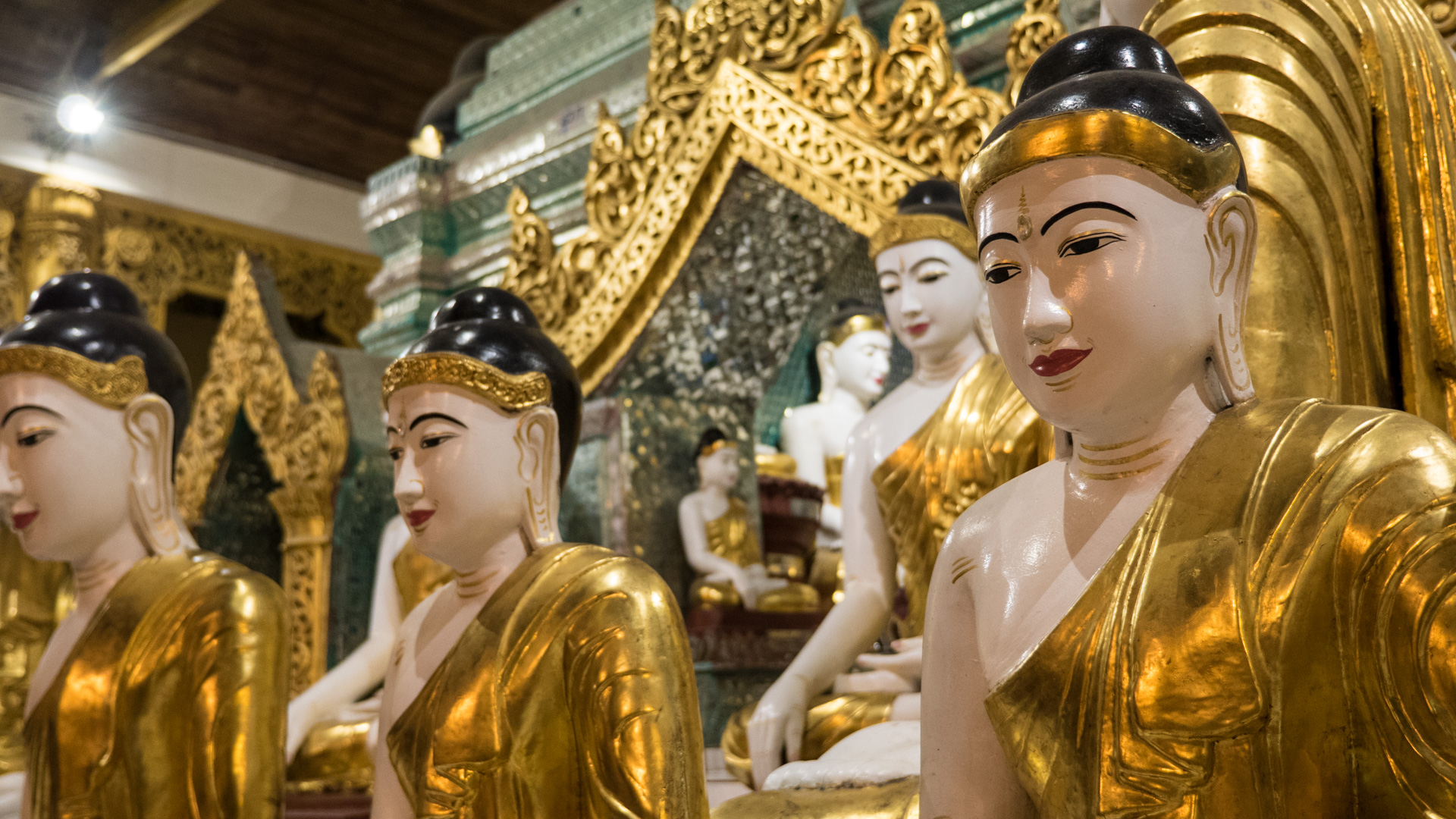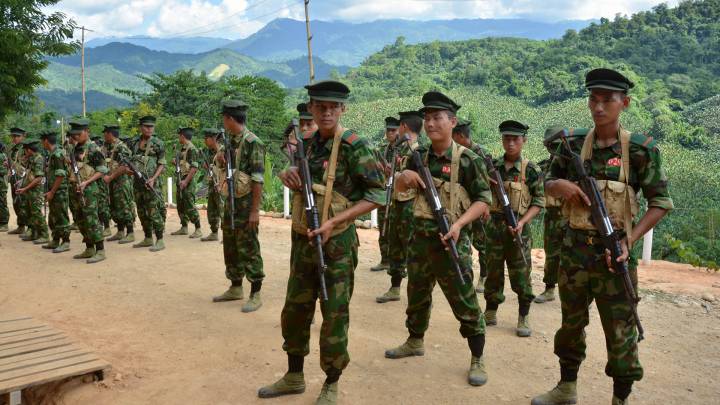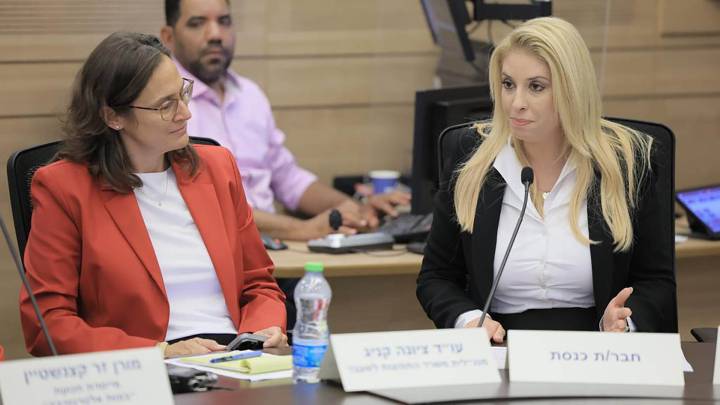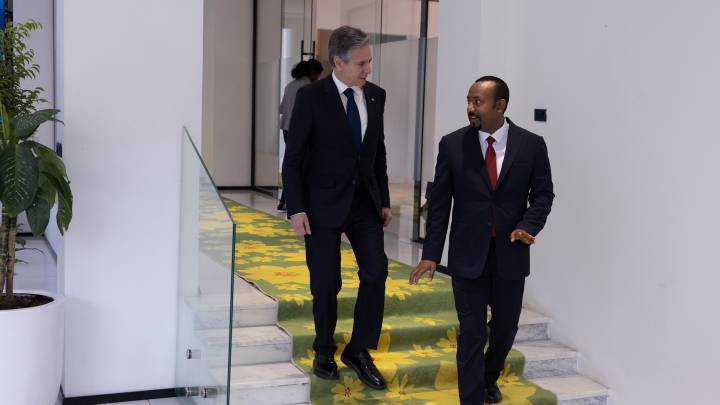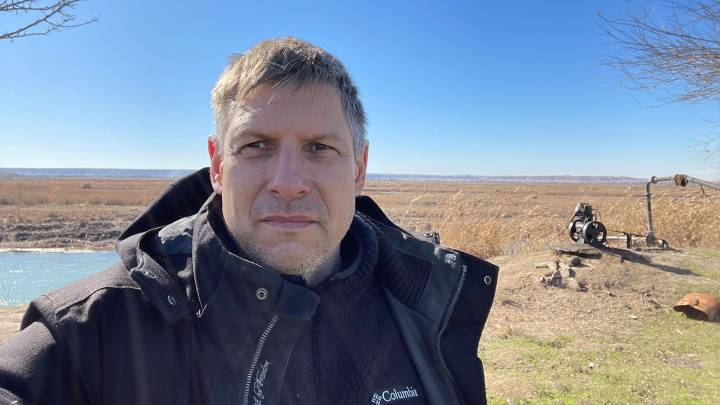Hans-Bernd Zöllner, one of the leading researchers on Myanmar, warns that a lack of knowledge stands in the way of real progress in the Rohingya crisis. And he explains how to make sense of Nobel Peace laureate Aung San Suu Kyi’s conflicting role.
zenith: The United Nations recently published the results of a fact-finding mission on the Rohingya crisis. The report blatantly accuses the Myanmar government of systematic human rights violations. What is the international community actually trying to do about it?
Hans-Bernd Zöllner: The international community tries to bring the military, the Tatmadaw, to court and this won’t happen. It’s simply unrealistic and nobody will win that game. We only know who will suffer from it: the Rohingya. The members of the UN commission are continuing to play a blame game. They are looking for culprits and want to hold the Tatmadaw, the Myanmar military, accountable and bring justice to the Rohingya. But that will prolong the suffering of the victims of the conflict because the window of opportunity for a compromise is getting smaller and smaller this way. So, nothing constructive will happen after all.
Earlier this year, Bangladesh and Myanmar agreed on a timeframe for repatriating Rohingya. What do you make of that agreement?
The agreement between Myanmar and Bangladesh is absurd. The people who left Myanmar don’t want to return. And Buddhist Rakhine people that used to live with the Rohingya do not want them to come back either. The same applies to most other people living in the whole of Myanmar.
»Indians – Muslims or Hindus alike – were discriminated from the first day, when Burma was born as a nation«
It is not the first time that a large number of Rohingya fled Myanmar. What was different back then?
Let’s take a look at history. After the mass flight movements in 1978 and 1992, most of the roughly 250,000 people that had fled to Bangladesh in each case returned later – reportedly under some pressure exerted by Bangladesh’s authorities. The international community did not pay much attention to the 1978 exodus that happened in the socialist period under strongman Ne Win. In 1992 though, it was different because of Aung San Suu Kyi’s rise to prominence. She was awarded the Nobel Peace Prize in 1991 and Burma became a battleground between an evil military and a courageous defender of democracy and human rights. At least in the eyes of the Western public. The Muslims from Myanmar living in refugee camps became co-victims of the Burmese heroine who was under house arrest back then. The problem was and is that international observers did not know much about Myanmar and the roots of the conflict between the Buddhist and Muslim population in Burma. Thorough research on the issue started only after 2000.
You have researched the Rohingya conflict for some years now. What are the underlying reasons for the tensions?
The Rohingya conflict is – like many other post-colonial disputes – the result of a complex historical process that is not easy to understand because many factors are intertwined – political cultures, economic interests, religious differences, domestic and international law and so on. On the other hand: People on all side demand simple answers. The result is a confrontation that leads to refugees suffering.
The situation is complicated – but what is a likely scenario for the future of the Rohingya?
Nobody can solve it. Not even Allah or Buddha. And other solutions that we would usually apply won’t work here, as there is no ground for compromise at the moment. And to be frank, the UN and other international organisation don’t understand the situation in Myanmar. They have no clue about the roots of the conflict and thus the historical reasons that lead to the current situation in and around Myanmar. For example, they do not pay due regard to the fact that already the first citizenship law of Burma, enacted in 1948, reserved the right of being regarded as indigenous citizens of the new nation to those who were not of Indian and Chinese origin but might have migrated to Burma after the country was colonized. One can say that Indians – Muslims or Hindus alike – were discriminated from the first day, when Burma was born as a nation.
»Aung San Suu Kyi has been elevated to a status of an icon without her consent«
Wasn’t that partly the goal of the UN fact-finding mission, to understand the complex conflict at hand?
They have been biased from the beginning and they aren’t really independent, simply because they are part of the UN bureaucracy that has never been able to establish a trustful cooperation with the Myanmar government, as my research on the UNs involvement after the 1988 uprising in Myanmar shows. The UN initiatives to free Aung San Suu Kyi and help the democracy movement were a complete failure. Today’s irony is that the UN’s human rights agencies now include Aung San Suu Kyi in their indictments.
What’s your recommendation?
Following the German judicial system, we grant everyone the benefit of the doubt. No one is guilty until proven otherwise. We should adhere to this principle, which is heavily violated with regards to Myanmar.
How do you assess the role of Aung San Suu Kyi? Western media heavily criticized her for not clearly intervening in public.
Again, the West doesn’t understand Myanmar and its complex society too well. But when Aung San Suu Kyi came in, we totally forgot about that lack of information and turned her into a symbol of Western style democracy and human rights, which she is not, as we now know. She has been elevated to a status of an icon without her consent.
»It seems that most Buddhists in Myanmar do not regard the Rohingya as »natural citizens« of the country«
But how can her role be framed more precisely?
I try to understand Aung San Suu Kyi’s role in the context of traditional Buddhist political culture in which people like her father and her are elected because of their virtue, not her political program. This is a hierarchical concept of politics. It seems that most Buddhists in Myanmar do not regard the Rohingya as »natural citizens« of the country. There is the old saying »To be a Burmese is to be a Buddhist«. In this sense, Buddhism is regarded as a way of life. Buddhism is regarded as the »national religion« – and Islam, like in many other countries of the world, is regarded as a stranger and a threat to the national integrity.
What is your opinion on the recent changes in Myanmar? There were elections, for example.
There were elections before. The first were forced on the people by the British in 1922 and resulted in a complete election boycott because the nationalists did not want a democracy coming from abroad – they regarded Buddhism as a »democratic« religion. Until today, elections in Myanmar have never resulted in a strong opposition and a peaceful change of power. Ironically, only the »military dictators« Ne Win and Than Shwe – the leader of the military junta ruling Myanmar from 1988 to 2011 – stepped down voluntarily – as well as ex-general Thein Sein after the election victory of Aung San Suu Kyi’s party in 2016.
You have been researching Myanmar for decades. What fascinates you about the country?
Since 1984 I’ve been there many times. Back then, I was a Protestant minister. I was posted to Bangkok, Thailand, to look after the German-speaking community there. What many people don’t know: Before 1988, Germany was the second biggest partner of Burma after Japan in terms of economic cooperation and development aid. Ne Win, chairman of the country’s only socialist party, visited West Germany – never socialist East Germany! – every year on his trips to Europe and entertained contacts with the leading politicians. When I returned to Germany in 1990, I started to research Burmese-German relations. This was my starting point for my research on Myanmar. I had the feeling then that Germany had not understood what had happened in Burma during the socialist period. Today, I’m afraid, that hasn’t changed much.
Hans-Bernd Zöllner is a Research Fellow at the Numata Center for Buddhist Studies at Hamburg University
This article was written as part of the Goethe-Institut’s Close-Up journalists’ exchange programme. More information can be found at www.goethe.de/nahaufnahme and at #goethecloseup.
